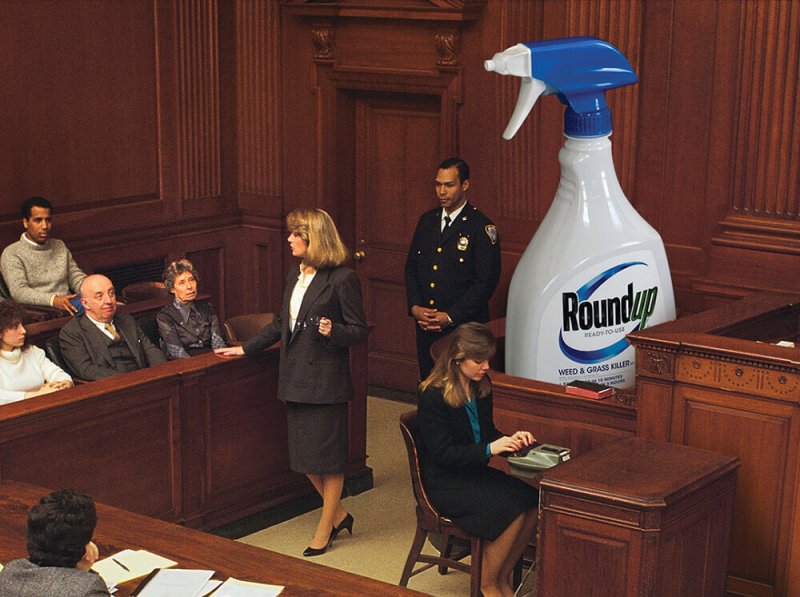All 10 jurors in [a] St. Louis courtroom sided with Monsanto after a month of testimony that opened with plaintiffs brought to tears as they recalled the horror of learning of their diagnosis of non-Hodgkin’s lymphoma, a severe form of cancer. Expert witnesses testified that glyphosate, the active ingredient in Monsanto’s signature Roundup weedkiller, was to blame for triggering the disease.
But the St. Louis case fell apart under cross-examination as their expert witnesses proved less than credible.
One of those expert witnesses, William Sawyer, advertised on his LinkedIn resume that he was a “board-certified toxicologist.” But when confronted on the stand, was forced to admit he was unable to obtain certification from the American Board of Toxicology after twice failing the required exam.
…
But at least Mr. Sawyer had academic training in toxicology. By contrast, fellow expert witness Charles Benbrook testified about glyphosate’s health effects despite having no training in medicine, chemistry or epidemiology. Mr. Benbrook, an economist, took a physics course in college — that’s the sum of his formal education in the sciences.
Trial lawyers funding and managing the organization producing “scientific” studies cited as evidence in a trial is a clear conflict of interest. But conflicts of interest aren’t new to Mr. Benbrook. A few years ago, he was caught coordinating his academic work with outside interests, forcing the New England Journal of Medicine to update a paper it published to reveal Mr. Benbrook’s previously undisclosed funding from litigators and the organic food industry. In April, Cornell University microbiologist Kathleen Hefferon pointed out that another scientific journal article co-authored by Mr. Benbrook violated clear ethical standards for peer review.
There’s a reason the trial bar turned to individuals with dubious credentials and a loose appreciation of ethical norms — the truth simply isn’t on their side.































